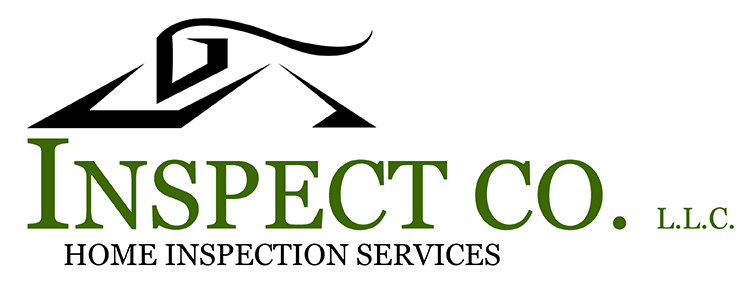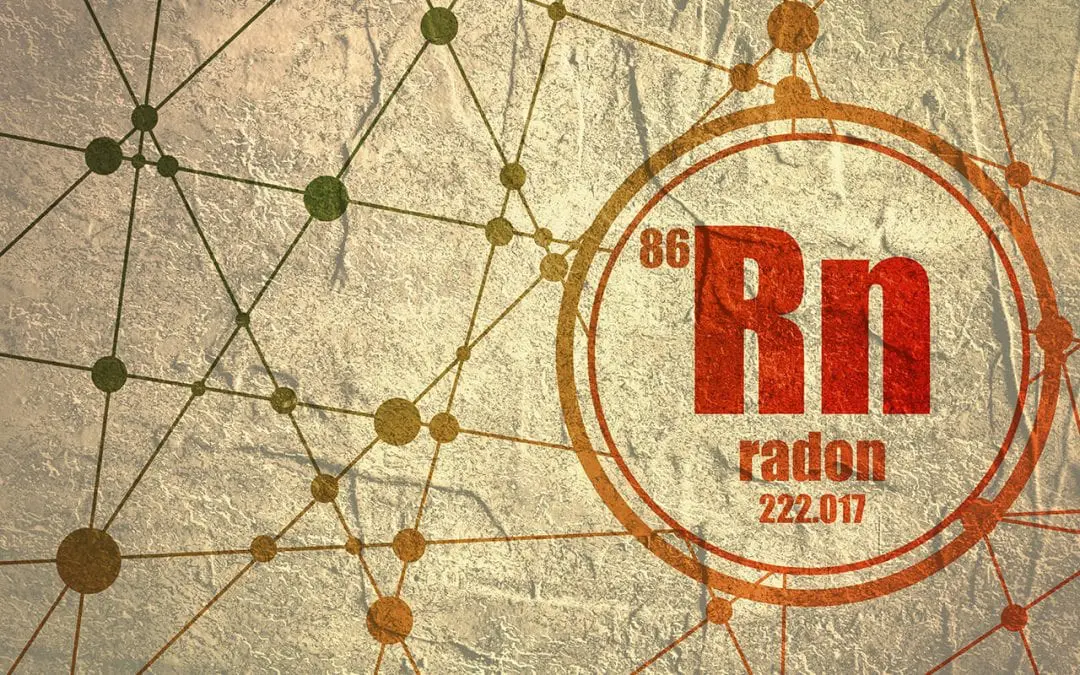Radon is a naturally-occurring gas that is a byproduct of uranium. The decomposition occurs beneath the ground and the gas slowly seeps upward through the soil. Radon gas can enter a home through crawlspaces or cracks in the foundation. Because a home is an enclosed environment, this dangerous gas can build up over time. In order to keep your family safe and healthy, order a test for radon in your home.
Why Test for Radon?
1. Radon in Your Home Can Be Dangerous
Radon gas is the second leading cause of lung cancer in the United States, following cigarette smoke. Exposure to elevated levels of this gas can result in lung cancer. Unfortunately, there are no warning signs for high levels of radon. Testing for radon is the only way to know the concentration of it in your home.
2. Radon Gas Can Reach Unhealthy Levels
New, modern homes are generally well-sealed and well-insulated. Air circulates and recirculates through the home via the HVAC system. Radon gas continuously seeping through the foundation will remain trapped in the home. Without fresh air and ventilation, radon in your home can build up and reach dangerous levels.
3. Radon is Difficult to Detect
Radon is clear, tasteless, and odorless. Exposure to the gas does not immediately create obvious health symptoms. However, it does accumulate and affect the body over time. Without a test, your first sign of exposure could be lung cancer.
Hire an experienced professional to conduct the testing. If you discover that the levels of radon are elevated, a professional will help you decide what steps to take. Installing a radon mitigation system moves the harmful gas out of your home.
When a safe level has been reached, continue to order radon testing every year to confirm that the mitigation system is working properly.
Inspect Co. LLC offers home inspection services, including radon testing, in North and South Carolina. Contact us to request an appointment.

